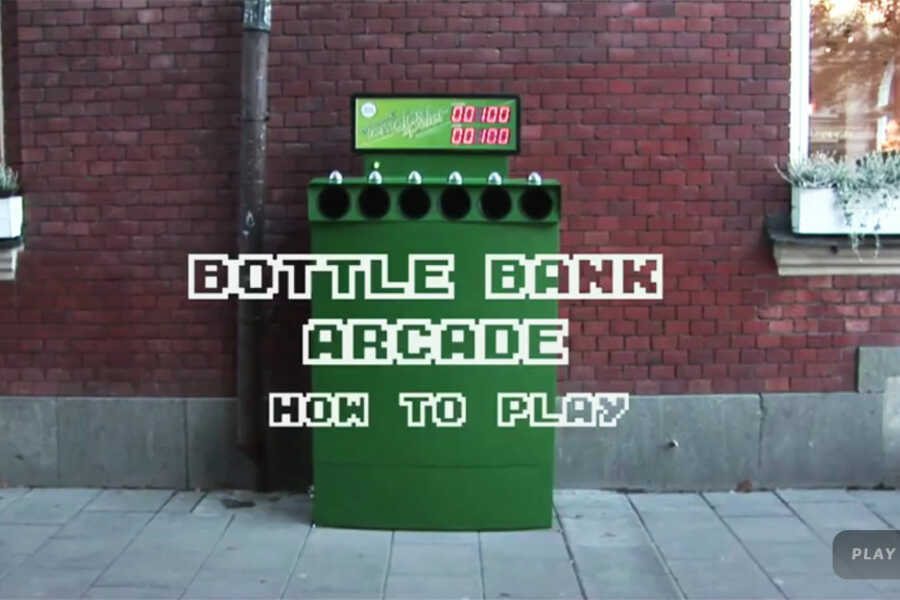While researching for sustainable happiness, I found out that the need for the transition towards a sustainable society is closely related to the concept of sustainable happiness, defined as the pursuit of happiness that does not exploit other people, the environment, or future generations (O'Brien, 2008). Moreover, two kind of values were related to the ideals of sources of their happiness: intrinsic and extrinsic values. The former are related to people’s internal development, relations with others and well-being, such as self-acceptance, physical fitness and community involvement. The latter are related to more materialist means and external recognitions, such as financial success and popularity. In pursue for sustainable happiness, intrinsic values are prioritized as the ones generating more engagement with environmentally friendly behaviors and with the construction and strengthen of social cohesion.
It can be said that our entire research was focused on thinking of ways to make a societal switch of values towards intrinsic ones, and shaping human behaviors is the biggest challenge sustainability initiatives face when trying to integrate with the current lifestyles present in our society. Moreover:
- How can you shape behaviors without directly telling to people how to live?
- How can you take advantage of people’s current values to facilitate the desired transition?
- How to make people prioritize experiencing sustainable happiness if they are satisfied with the way their life is now?
The latter were questions constantly analyzed during the thinking process of our sustainability concept. However, the bar was set even higher since, as part of one of our lectures, we were challenged to think outside conventional terms to try to integrate the fun factor into our design.
Through more research, I found an initiative held by Volkswagen that started in Sweden and is called the Fun Factor Theory. The theory is based on the simple though that “fun is the easiest way to change people’s behavior for the better”. As such, it has created an award to encourage participants to identify a situation that they identify as problematic for community well-being, the environment or any other matter, and then wonder how to test the efficacy of fun theory on changing the desired behavior on people. Several proposals were presented to encourage the use of seat belts in cars, reducing driving speed, and increase the use of garbage beans, stairs and recycling sites, among others.
I was amazed and inspired by all the impact that such small changes had on people’s behavior. I agree that it is necessary for people to experience sustainability with a different approach, to understand that is not about changing their entire lifestyle from one day to the other, and that decreasing their ecological footprint can give them satisfaction beyond financial terms. Now, it is easy to imagine, as the lecturer showed us on class, how to make people experience for shorter periods what it is to use sustainable means to sustain our current lifestyle (e.g. by using solar panels as energy provider for a Jacuzzi located in the middle of a summer event).
However, it is difficult to imagine how to make sustainable related products more enjoyable, how to make sustainable projects more interesting to people by including the fun factor on them. Sometimes sustainability is seen as a serious topic that needs to be addressed through serious means, but what if the only thing needed is to make it looks desirable, enjoyable and fun. I am facing myself the challenge of achieving such switch of mindset; I believe it requires us to challenge our perspectives on life and try a little bit harder and to think a little bit simpler. This topic may sound irrelevant in a world full of big technological changes and solutions but innovation in the way we experience life and sell an idea is not only essential to our professional skills but also to our long-term life quality and survival.
References
O'Brien, C. (2008). Sustainable happiness: How happiness studies can contribute to a more sustainable future. Canadian Psychology/Psychologie canadienne, 49(4), 289.
TheFunTheory.com (2009). Fun theory awards. Retrieved from: http://www.thefuntheory.com/


